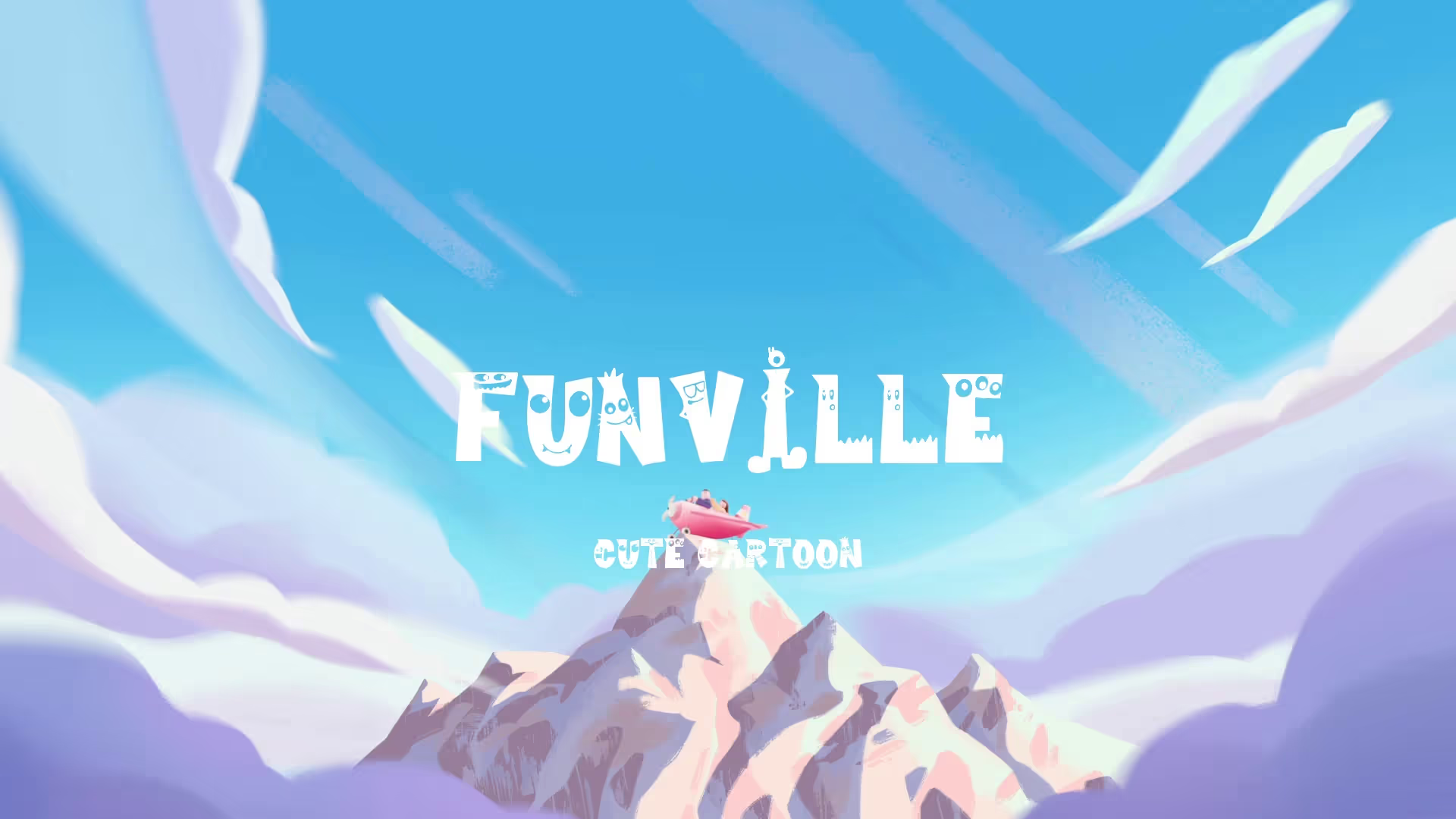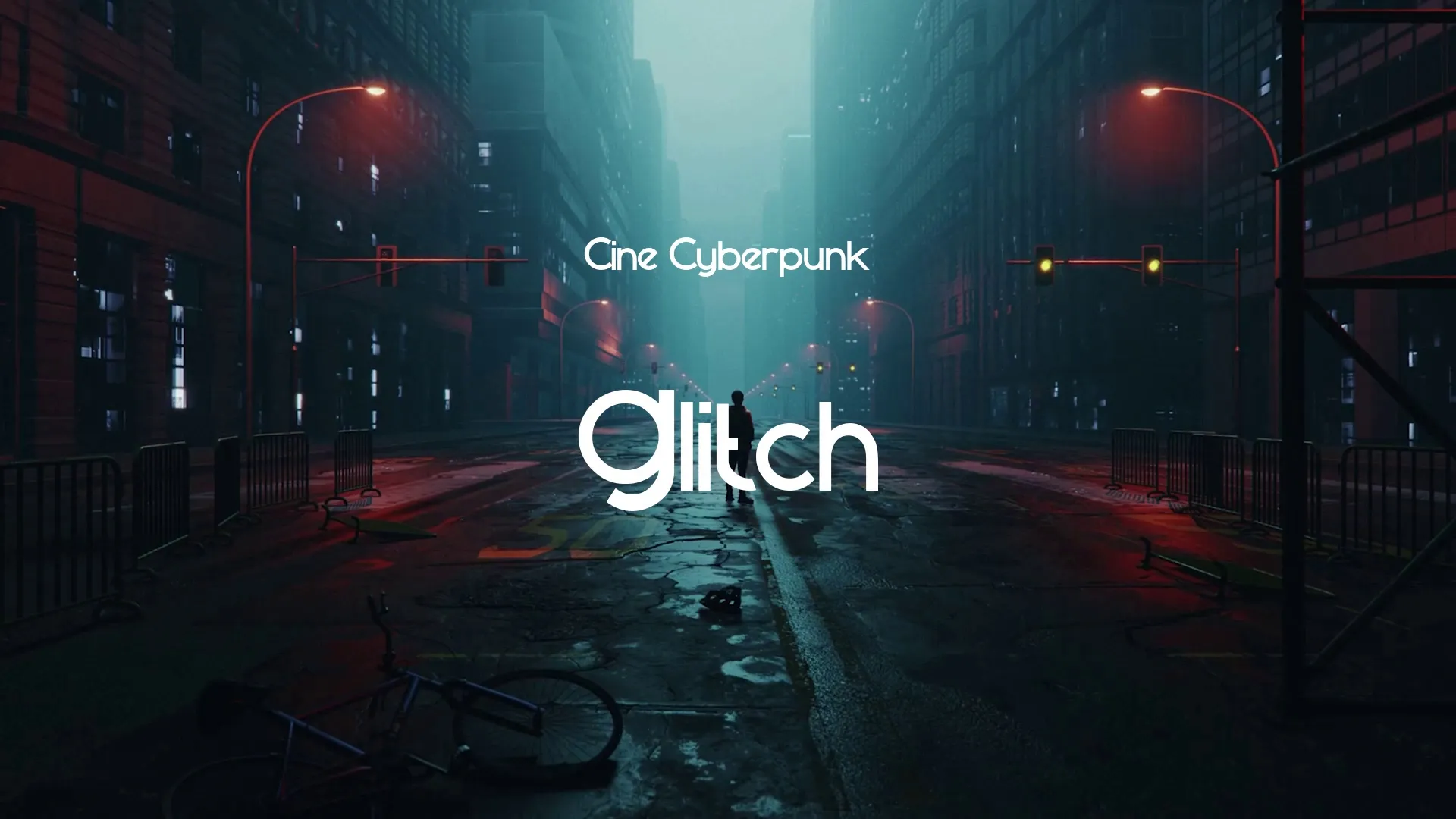Early Access Community Building Game Dev: Strategies for Indie Success
Early Access Community Building Game Dev: Strategies for Indie Success
Launching an indie game into Early Access requires more than just a playable build. It demands a proactive approach to community building to ensure long-term success and a refined final product.
Effective early access community building transforms players into invested collaborators, providing invaluable feedback and advocacy.
Establish Clear Communication Channels
Choose platforms where your target audience congregates. Discord servers, Steam forums, and dedicated subreddits are common starting points.
Maintain consistent presence and respond promptly to discussions.
Prioritize Active Engagement
Regularly post updates on development progress, new features, and bug fixes. Share behind-the-scenes glimpses to foster a sense of inclusion.
Run polls and ask specific questions about game mechanics or content.
Implement Structured Feedback Loops
Create clear processes for players to submit bugs and suggestions. Categorize feedback to make it manageable and actionable.
Consider in-game feedback tools or dedicated forms.
Embrace Transparency and Honesty
Communicate development challenges and timelines openly. Players appreciate honesty, even when it involves delays or difficult decisions.
Avoid making promises you cannot keep.
Manage Player Expectations Realistically
Clearly define what Early Access means for your game. Emphasize that the game is unfinished and subject to significant changes.
Educate players on the iterative nature of game development.
Empower Your Community Advocates
Identify and engage with your most passionate players. They can become volunteer moderators, content creators, or informal ambassadors.
Create a free account, or log in.
Gain access to free articles, game development tools, and game assets.















.webp)







